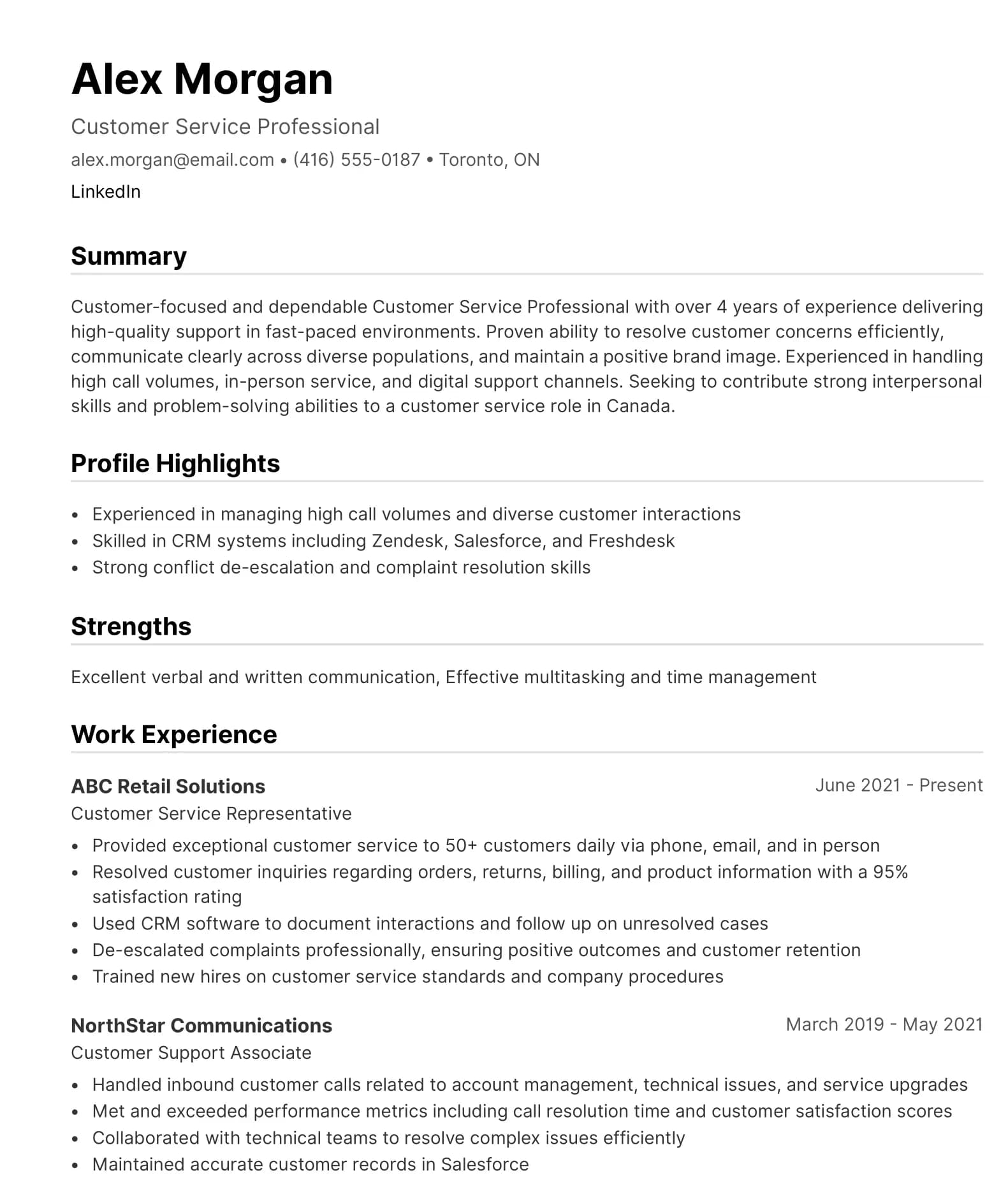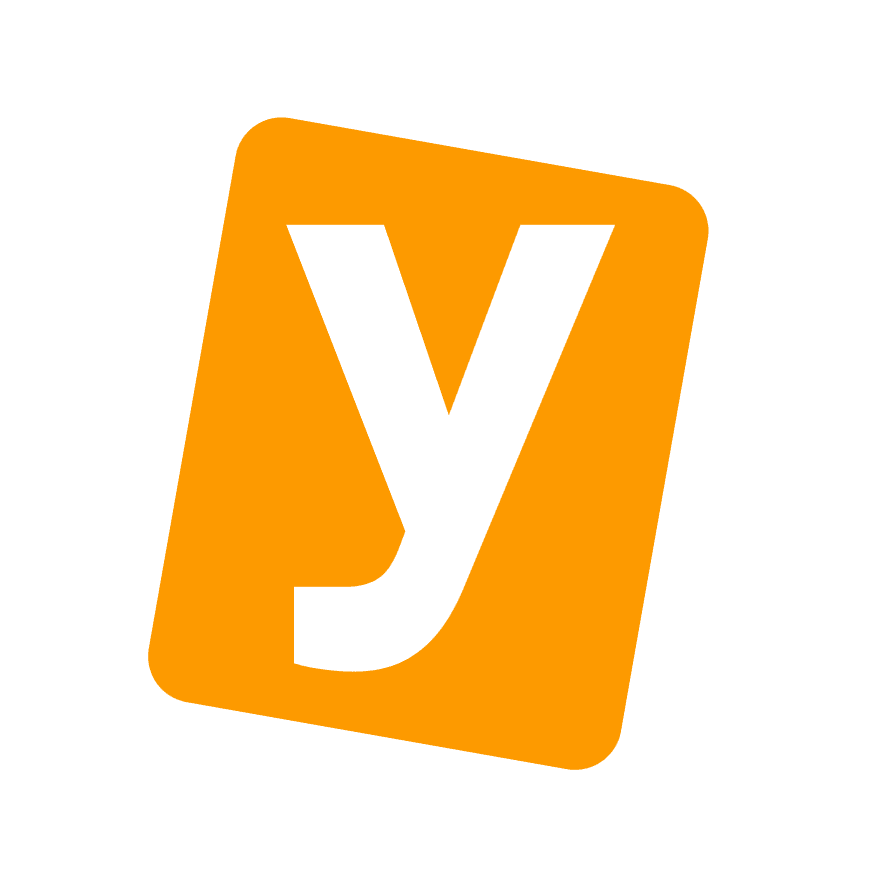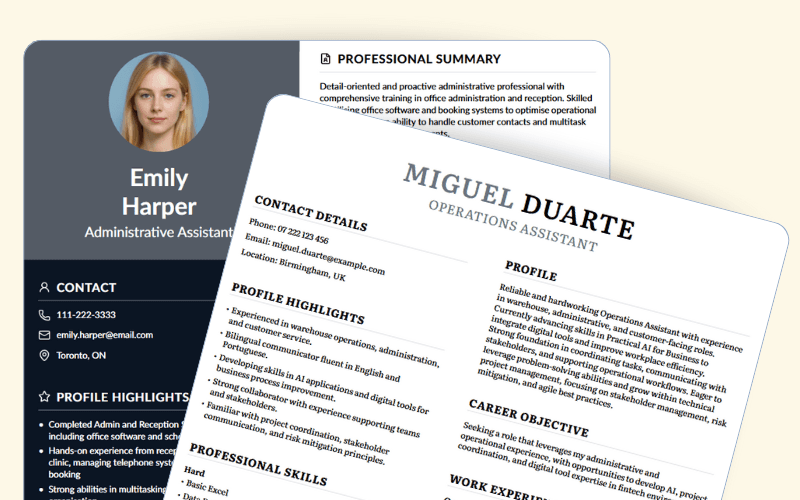You just graduated, or you’re about to. You have class projects, maybe an internship, and at least one part-time job. You know you need a resume, but most examples you find look like they were written for someone with ten years of corporate experience.
Key Insight
The problem is not you or your Gen Z Resume. Hiring changed while you were in school.
According to LinkedIn’s Global Talent Trends, U.S. recruiters increasingly prioritize skills over traditional credentials, and applicant tracking systems now screen most resumes before a recruiter ever sees them. That means your resume has to work for software first and hiring managers second. It needs to show capability without exaggeration, fit on one page, and still look professional.
This guide shows you how to build a Gen Z resume that actually works in 2026, including structure, formatting, and examples designed specifically for the U.S. job market.
What a Gen Z Resume Actually Is
A Gen Z resume is a one-page resume designed for recent graduates and early-career job seekers entering a skills-based hiring market with limited full-time experience.
Instead of relying on job titles or years of employment, it focuses on what you can do.
A strong Gen Z resume includes:
- Contact information with LinkedIn and portfolio links
- A skills section near the top of the page
- Education with relevant coursework or academic projects
- Experience that treats internships, part-time jobs, projects, and volunteer work as real experience
- Clean, text-based formatting that works with applicant tracking systems
This structure works especially well when most of your background comes from college, internships, campus roles, freelance work, or hourly jobs.
Why ATS Matters for Gen Z Resumes
Gen Z resumes are far more likely to be screened by applicant tracking systems than any generation before. Most entry-level and mass-hiring roles use ATS to filter applications long before a recruiter reviews them.
That means formatting, section headings, and keyword choices matter just as much as experience. A resume that looks great to a human but fails ATS parsing may never be seen at all.
That’s why testing your resume before applying is critical. An ATS check shows how your resume is read, which skills are detected, and where improvements can be made before you submit applications.
ATS-Optimized resumes That Meet Employer Standards
Our AI-powered scoring system helps organizations assess and standardize resume quality at scale. ATS-compliant templates support consistent formatting, keyword alignment, and interview readiness across cohorts.
Resume Structure That Works in 2026
Resume layout matters more than most people realize. Many qualified U.S. candidates are rejected before a recruiter ever sees their resume because ATS software cannot read the formatting correctly.
Layout best practices
- Standard section headings like Experience, Education, Skills
- Single-column layout
- Common fonts such as Arial, Calibri, or Georgia
- Font size between 10 and 12 points
- Clear spacing between sections
- Saved as a .docx or PDF, following job posting instructions
- Icons, graphics, or logos with embedded text
- Tables or text boxes
- Headers or footers containing key information
- Two-column layouts
- Creative section names that ATS cannot categorize
If your resume looks visually impressive, it is often harder for ATS software to parse. Simple formatting consistently performs better in U.S. hiring systems.
Skills placed earlier in the document are more likely to be indexed and ranked by ATS keyword matching engines.
Live Gen Z Resume Example
Below is a complete Gen Z resume example using a skills-first structure that works for both applicant tracking systems and hiring managers.
Gen Z Resume Example (Austin, Texas)Maya Rodriguez
Austin, TX
mr@yotruemail.com
LinkedIn: https://www.linkedin.com/company/yotru/
Portfolio: mayarodriguez.design
Skills
Digital Marketing • Social Media Management • Canva • Figma (basic)
Content Writing • Email Campaigns • Google Analytics (intro)
Customer Service • Event Coordination • Team Collaboration
Education
University of Texas at Austin
Bachelor of Arts in Communication
Expected Graduation: May 2026
Relevant Coursework:
Digital Media Strategy • Brand Communication • Consumer Behavior
Social Media Analytics • Professional Writing
Academic Project:
Developed a semester-long Instagram campaign for a local Austin café, increasing follower engagement by 22 percent using content calendars and analytics tracking.
Experience
Social Media Intern
Local Roots Market, Austin, TX
June 2025 – Present
- Created and scheduled weekly Instagram and TikTok content using Canva
- Wrote captions aligned with brand voice and seasonal promotions
- Tracked engagement metrics and summarized performance in weekly reports
- Supported in-store events and community pop-ups
Student Ambassador
University of Texas at Austin
September 2024 – May 2025
- Represented the university at campus tours and admissions events
- Answered prospective student questions about programs and campus life
- Collaborated with admissions staff during orientation and open houses
Barista (Part-Time)
Third Wave Coffee Co., Austin, TX
August 2023 – May 2024
- Delivered fast, friendly customer service during high-volume shifts
- Managed POS transactions and handled cash accurately
- Maintained cleanliness and followed food safety standards
Projects
Personal Portfolio Website
- Designed a simple portfolio showcasing class projects and creative work
- Used responsive layouts and clear navigation for mobile users
Volunteer Experience
Event Volunteer
Austin City Youth Network
- Assisted with registration and setup for community workshops
- Supported youth-focused educational events and outreach
Additional
- Comfortable with hybrid and remote work
- Actively learning SEO and paid social fundamentals
- Available for internships and entry-level marketing roles
Early-career Gen Z resume example from Austin, Texas, highlighting skills, education, internships, and real-world experience in a clean ATS-friendly format.
The example above shows:
- Skills placed immediately after contact information
- Academic projects listed alongside internships and part-time work
- Retail and service jobs framed around transferable skills
- Results and outcomes quantified wherever possible
- No graphics, icons, or complex layout
This structure keeps your Gen Z resume ATS-friendly while clearly showing real impact. Use it as your baseline and customize it for your background and target roles.
Skills to Include on a Resume for Recent Graduates
When you are early in your career, skills matter more than job history. Employers are hiring for capability and potential, not tenure.
| How to Categorize Skills on a Gen Z Resume |
|---|
| Skillset Category | What it includes | Why employers care |
|---|
| Core Skills | Communication, teamwork, problem-solving, time management, attention to detail, adaptability | These skills apply to almost every U.S. role and signal that you can work effectively in real-world environments. |
| Digital and AI skills | Excel or Google Sheets, PowerPoint or Slides, Slack or Teams, basic AI tools, content platforms, simple data analysis | By 2026, employers expect baseline digital literacy. These skills show you can function in modern, tech-enabled workplaces. |
| Role-specific skills | SEO, analytics, programming languages, cloud tools, Figma, Adobe, research, reporting, project coordination | These align your resume directly with the job you’re applying for and help you pass ATS keyword screening. |
| How many to list | 8–12 total skills | Too many skills dilute relevance. |
Most Gen Z resumes are screened by applicant tracking systems, especially for entry-level and mass-hiring roles. ATS prioritizes clear section headings and keyword matching, not long skill lists. Focusing on a concise, targeted set of skills improves parsing accuracy and ranking before a recruiter ever sees your resume.
Turning Gen Z Experience Into Resume Bullets
The challenge is rarely lack of experience. The challenge is translation.
- Part-time jobs, internships. These roles all count when written with outcomes instead of duties.
- For work experience, focus on results. Replace vague tasks with measurable impact, such as handling high transaction volume or resolving customer issues during peak hours.
- Treat academic projects like real work. If a project shows relevant skills, describe leadership, tools used, and outcomes, including improvements or performance gains.
- Highlight campus leadership as responsibility. Managing budgets, leading teams, and coordinating events demonstrate trust, organization, and leadership at scale.
- Use a simple formula. Start with an action verb, describe the task, and end with a result. Keep bullets short and use numbers whenever possible.
Use these action verbs to start bullets on your Gen Z resume.
| Action Verbs for a Gen Z Resume |
|---|
| Category | Action Verbs |
|---|
| Customer Service & Retail | Assisted, Resolved, Processed, Handled, Supported, Maintained, Delivered |
| Projects & Academics | Designed, Developed, Analyzed, Conducted, Researched, Presented, Documented |
| Leadership & Campus Roles | Led, Coordinated, Managed, Organized, Facilitated, Oversaw, Planned |
| Digital & Creative Work | Created, Produced, Edited, Designed, Optimized, Published, Tracked |
| Operations & General | Implemented, Improved, Executed, Collaborated, Monitored, Streamlined |
Smart Use of AI and Resume Templates
AI can help with resume writing, but only when used responsibly.
Good uses of AI
Risky uses of AI
Inventing accomplishments
Inflating results
Adding jargon you cannot explain
Letting AI write your entire resume without review
Text-based editors outperform design-heavy tools because they preserve ATS readability while still allowing personalization.
Why Responsible AI Matters
AI is now part of how resumes are written and screened. Used responsibly, it helps clarify skills, improve structure, and pass ATS without exaggeration.
Yotru is built to support accurate, ethical resume building that works in real hiring systems.















